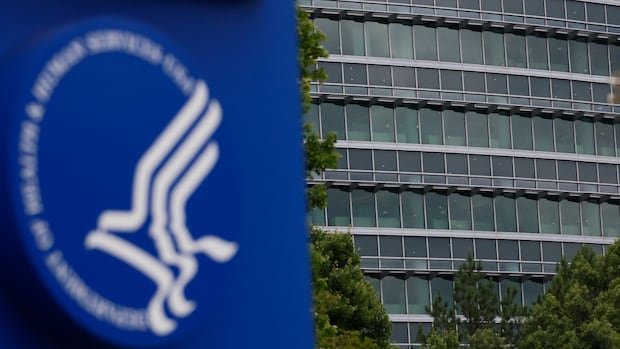A man attacked the U.S. Centers for Disease Control (CDC) headquarters in Atlanta by firing over 180 shots and breaking around 150 windows, including “blast-resistant” panes, sending glass shards into multiple rooms, according to internal reports at the agency. The cleanup and repair of the extensive damage may require weeks to complete, as noted by CDC personnel.
The assailant, a Georgia man who had attributed his depression and suicidal thoughts to the COVID-19 vaccine, carried out the attack last Friday, resulting in the tragic death of a police officer. Fortunately, no CDC employees were harmed during the incident. The shooter was apprehended by CDC security guards before attempting to drive to a nearby pharmacy, as revealed by a law enforcement source speaking on condition of anonymity. The man, identified as 30-year-old Patrick Joseph White, later died; however, it remains unclear whether he was shot by the police or took his own life.
CDC Director Susan Monarez confirmed that at least four buildings within the CDC campus were targeted in the attack. The severity of the destruction was underscored during a CDC leadership meeting over the weekend, where details emerged about the damage sustained by Building 21, which houses Monarez’s office. While it was not specified if her office was directly hit, it was reported that it endured the highest number of bullet impacts.
Following the incident, CDC employees were advised to work remotely for the upcoming week. The U.S. Department of Health and Human Services (HHS) pledged ongoing support to CDC staff and announced the implementation of additional safety measures to safeguard their return to the office. Both local and federal law enforcement agencies are actively monitoring all potential threats against the CDC and its employees, according to Christa Capozzola, the agency’s acting chief operating officer.
A retired CDC official, Stephan Monroe, expressed concerns about the long-term repercussions of the attack on attracting young scientists to work for the government, fearing a lasting negative impact. Meanwhile, U.S. Health and Human Services Secretary Robert F. Kennedy Jr., a prominent figure in the anti-vaccine movement, has faced criticism for spreading misinformation about COVID-19 vaccines and other immunizations.
The violence at the CDC headquarters has raised alarms about the mental health toll of false vaccine narratives, with former CDC employee Tim Young highlighting the connection between deceptive rhetoric and violent outcomes. Dr. Jerome Adams, the U.S. surgeon general during the previous administration, emphasized the importance of responsible communication by health leaders, warning that misinformation can have harmful consequences.
In response to the attack, the union representing CDC workers condemned the violence as an assault on public servants and decried the mistreatment and neglect endured by CDC staff in recent months. The deliberate targeting of the CDC through the violent incident was deemed unacceptable and deeply troubling by the union.

